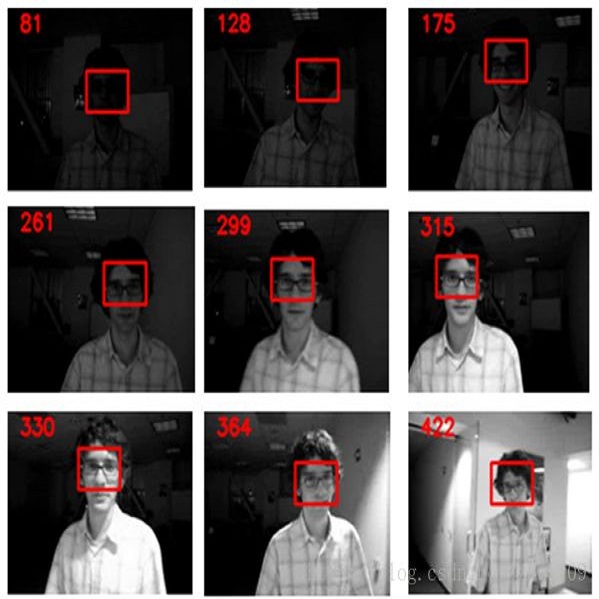The recent trend in multiple object tracking (MOT) is heading towards leveraging deep learning to boost the tracking performance. However, it is not trivial to solve the data-association problem in an end-to-end fashion. In this paper, we propose a novel proposal-based learnable framework, which models MOT as a proposal generation, proposal scoring and trajectory inference paradigm on an affinity graph. This framework is similar to the two-stage object detector Faster RCNN, and can solve the MOT problem in a data-driven way. For proposal generation, we propose an iterative graph clustering method to reduce the computational cost while maintaining the quality of the generated proposals. For proposal scoring, we deploy a trainable graph-convolutional-network (GCN) to learn the structural patterns of the generated proposals and rank them according to the estimated quality scores. For trajectory inference, a simple deoverlapping strategy is adopted to generate tracking output while complying with the constraints that no detection can be assigned to more than one track. We experimentally demonstrate that the proposed method achieves a clear performance improvement in both MOTA and IDF1 with respect to previous state-of-the-art on two public benchmarks. Our code is available at https://github.com/daip13/LPC_MOT.git.
翻译:多个天体跟踪(MOT)的近期趋势正朝着利用深层学习提升跟踪性能的方向发展,然而,以端到端的方式解决数据关联问题并非微不足道。在本文中,我们提出了一个基于新颖的建议学习框架,将MOT作为建议生成、评分和轨迹推导模型,作为近距离图的模型。这个框架类似于两阶段天体探测器快速RCNNN, 能够以数据驱动的方式解决MOT问题。关于生成建议,我们提议了一个迭代图形组合方法,以减少计算成本,同时保持所产生建议的质量。关于评分,我们采用了一个可培训的图形-革命网络(GCN)来学习所产生建议的结构性模式,并按估计的质量分数排列。关于轨迹推断,我们采用了简单易用的战略来跟踪产出,同时遵守无法将检测指派给超过一个轨道的制约。我们实验性地展示了拟议方法在MOTA和UNFD1两个公共基准上都取得了明确的绩效改进。在前州/MOP13/MOGA/MODD/MODG上, 在前州/MOD/MODDDDDG.



